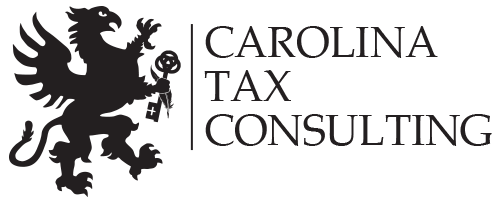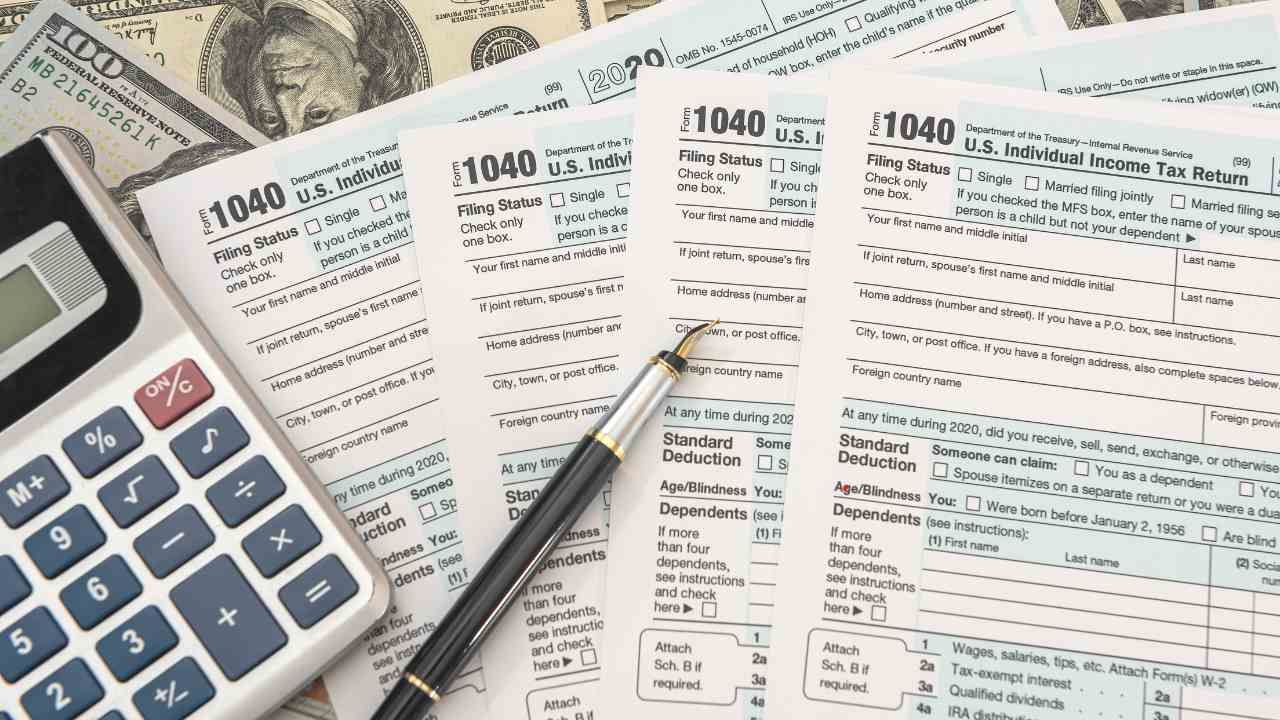How Can Freelancers and Gig Workers Optimize Their Tax Strategy?
Introduction to Gig Work

In today's dynamic economy, gig work and freelancing have become increasingly popular. From graphic design and content writing to ridesharing and pet sitting, the gig economy offers flexible work opportunities that cater to diverse skills and interests. Freelancers and gig workers enjoy the benefits of being their own bosses, setting their own schedules, and working on projects they are passionate about.
However, with great freedom comes great responsibility—especially when it comes to managing finances and taxes. Unlike traditional employees, gig workers must take proactive steps to ensure they comply with tax regulations and optimize their tax strategy.
Why Tax Planning Is Crucial for Self-Employed Individuals
Freelancers and gig workers need to be particularly vigilant about their tax obligations. Without the safety net of employer-managed tax withholdings, self-employed individuals must navigate the complexities of tax planning on their own. Effective tax planning helps you:
- Avoid Penalties: Failure to pay estimated taxes can result in significant penalties.
- Maximize Deductions: Proper planning ensures you take full advantage of all available tax deductions.
- Plan for the Future: Tax planning helps you save for retirement and other long-term financial goals.
Let’s dive deeper into some critical aspects of tax management for freelancers.
Tax Deductions: What You Need to Know
Tax deductions are essential for reducing your taxable income and lowering your tax bill. Here are some common deductions for freelancers:
- Home Office Deduction: If you use part of your home exclusively for work, you can deduct a portion of your mortgage or rent, utilities, and maintenance costs.
- Equipment and Supplies: Expenses for computers, software, office supplies, and other business-related items are deductible.
- Travel and Meals: Business travel expenses, including airfare, accommodation, and 50% of meal costs, can be deducted.
- Health Insurance: Self-employed individuals can deduct premiums paid for health insurance for themselves and their families.
Keep detailed records of all business expenses to ensure you can substantiate your deductions in case of an audit.
Understanding Estimated Taxes
Freelancers are required to pay estimated taxes quarterly. These payments cover both income tax and self-employment tax, which includes Social Security and Medicare contributions. Failure to pay estimated taxes can lead to penalties and interest charges.
To calculate your estimated taxes, use the following steps:
- Estimate Your Income: Project your total income for the year.
- Calculate Taxable Income: Subtract any deductions from your total income.
- Determine Tax Liability: Use the current tax rates to calculate your income tax.
- Add Self-Employment Tax: Calculate 15.3% of your net earnings for Social Security and Medicare.
Make quarterly payments by the deadlines: April 15, June 15, September 15, and January 15 of the following year.
Self-Employed Retirement Plans
Planning for retirement is important for freelancers who don't have access to employer-sponsored retirement plans. Consider the following options:
- SEP IRA: Simplified Employee Pension IRAs allow you to contribute up to 25% of your net earnings, up to a limit of $66,000 in 2024.
- Solo 401(k): This plan allows for contributions as both an employee and employer, with higher contribution limits than traditional IRAs.
- Traditional or Roth IRA: These IRAs offer tax advantages and are relatively easy to set up and manage.
Each retirement plan has different benefits and contribution limits, so choose the one that best fits your financial goals.
Finding the Right Accounting Consultant
Working with an accounting consultant can significantly simplify your tax planning and help you make informed financial decisions. Here’s how to find the right one:
- Identify Your Needs: Determine if you need help with basic tax preparation, financial planning, or specialized services like retirement planning or bookkeeping.
- Research Options: Look for professionals with experience working with freelancers. An accounting firm in your area can offer valuable, localized advice.
- Check Credentials: Ensure the consultant is certified, such as a CPA (Certified Public Accountant), and check for any disciplinary issues.
- Ask for References: Speak to other freelancers who have worked with the consultant to gauge their experience and satisfaction.
A good example is a Fort Mill accounting consultant, who can provide personalized advice and support tailored to your specific needs.
Tax Planning Tips and Tricks
To further optimize your tax strategy, consider these practical tips:
- Keep Accurate Records: Maintain detailed records of all income and expenses. Use accounting software or hire a bookkeeper if necessary.
- Separate Business and Personal Finances: Open a separate bank account and credit card for your business to simplify tracking expenses.
- Set Aside Money for Taxes: Regularly set aside a portion of your income for tax payments to avoid cash flow issues.
- Stay Updated on Tax Laws: Tax regulations change frequently, so stay informed to ensure compliance and maximize deductions.
Tax planning doesn’t have to be overwhelming. With the right knowledge and support, you can effectively manage your taxes and focus on growing your freelance business. Start by exploring your options for an accounting consultant and taking proactive steps to optimize your tax strategy. Remember, a little planning today can lead to significant savings and peace of mind in the future.
Are you ready to take control of your finances?
Contact an accounting consultant to get started on your path to financial success! By staying informed and proactive, freelancers can navigate the complexities of taxes with confidence and make the most of their hard-earned income.
Ready to work with Carolina Tax Consulting, LLC?
Let's connect! We’re here to help.
Send us a message and we’ll be in touch.
Or give us a call today at 803-410-5885











